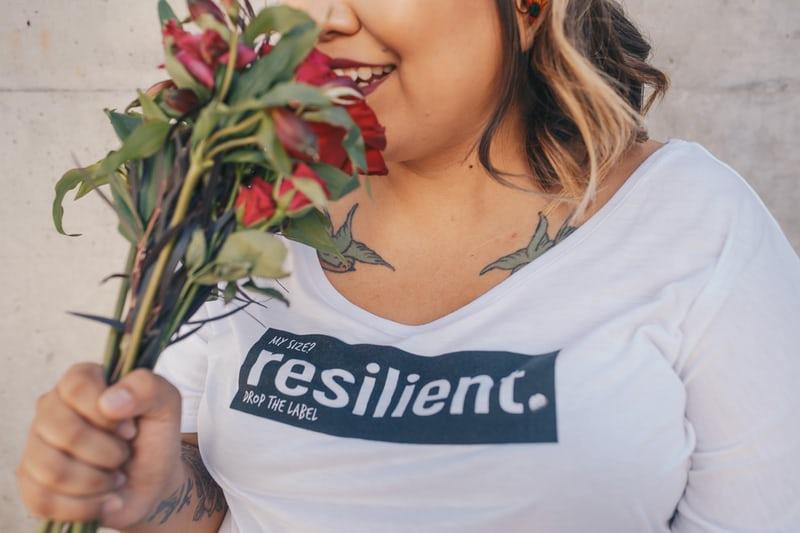According to the Merriam-Webster Dictionary, resilience is the ability to recover from or adjust easily to misfortune or change. 2020 may have been the ultimate test of resilience as we struggled to bounce back from cancellations, closures, and never-ending changes to plans. Moving ahead, it’s important to learn how to build your resilience for the next challenge you face.
While you may not feel resilient today, the good news is you can train your brain to build your resilience. Resilience is a muscle. The more work you put into building it the stronger it becomes. The less you use it the more it languishes.
Neuroplasticity is the term for the brain’s ability to change. It’s this ability that helps build your resilience when times get tough. Resilience is not only molded during extreme seasons, like pandemics, but also forged during everyday life when we learn to think and act differently to the people and situations we encounter.
The seemingly insignificant adaptations you make to an inconvenience, mistake, or change of plans builds your resilience. The way you handle and adapt to in daily life prepares you for the bigger, harder moments, too.
Here are 3 keys to learning how to build your resilience.
Change your mindset
Resilience begins in your mind. Your expectations about how life is “supposed” to go or what you do or don’t deserve sets the stage for your ability to recover quickly when things don’t go as planned. For greater resilience, expect change. Know that life will not stay as it is today and that change will come. Setting this expectation helps you move from season to season more easily. Expecting change helps build your resilience as you let go of one normal and move on to the next.
Loosen your grip
Control what only you can control. Mentally strong people know what they can control and what they can’t. Knowing the difference helps build your resilience and helps you adapt more easily to change. A helpful exercise might be drawing three concentric circles and place only the things you have 100% control of in the middle. Add the things over which you have some control to the middle ring and the things over which you have no control to the outer ring. Identifying your sphere of control is a helpful visual exercise to help you loosen control and build your resilience.
Connect with others
You weren’t made to white-knuckle your way through life on your own. If you’re struggling with resilience, do a quick scan of the people in your life and be intentional about building a stronger support network. Good relationships are important to support you and build your resilience during times of need. Joining a support group, a faith community, or other like-minded group of people who share the same values can provide the foundation you need when life gets hard.
Learning how to build your resilience is a life-long skill that will support your wellbeing today, tomorrow, and all the days that are yet to come. Work on changing your mindset, loosening your grip, and connecting with others to lead a healthier, happier life.
